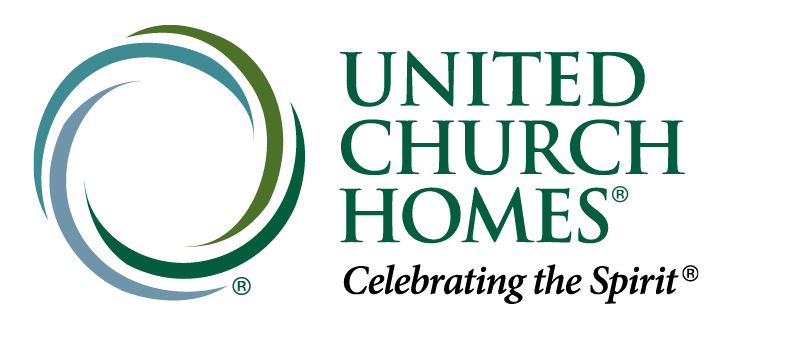Highlights from this week’s conversation include:
- Monique’s passion for Hospital Medicine (2:00
- Hospital as a System within a System (3:03)
- Role of a Hospitalist (4:38)
- Costs and Expenses in Hospitalization (7:14)
- The Hospital as a Social Safety Net (10:57)
- Challenges in Hospital Transitions and Social Supports (11:38)
- Value of Social Supports in Healthcare (14:08)
- Patient Advocacy and Best Practices (19:26)
- Medication Reconciliation and Polypharmacy (21:56)
- Information is Safety (22:26)
- Challenges of Interoperability Between Hospitals (23:43)
- Discharge Planning (28:27)
- Patient Advocacy (37:42)
- Connecting with Dr. Nugent and Final Takeaways (42:14)
- Dr. Monique’s book Prescription for Admission (45:12)
Abundant Aging is a podcast series presented by United Church Homes. These shows offer ideas, information, and inspiration on how to improve our lives as we grow older. To learn more and to subscribe to the show, visit abundantagingpodcast.com.

